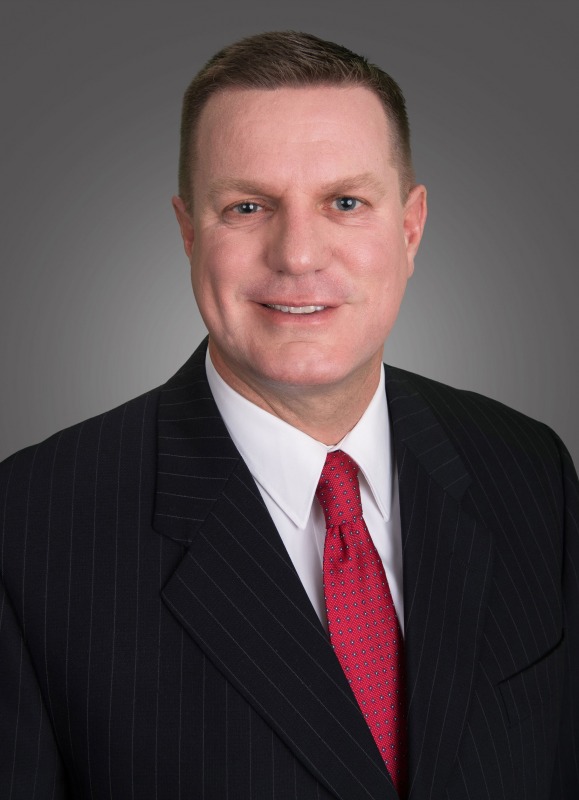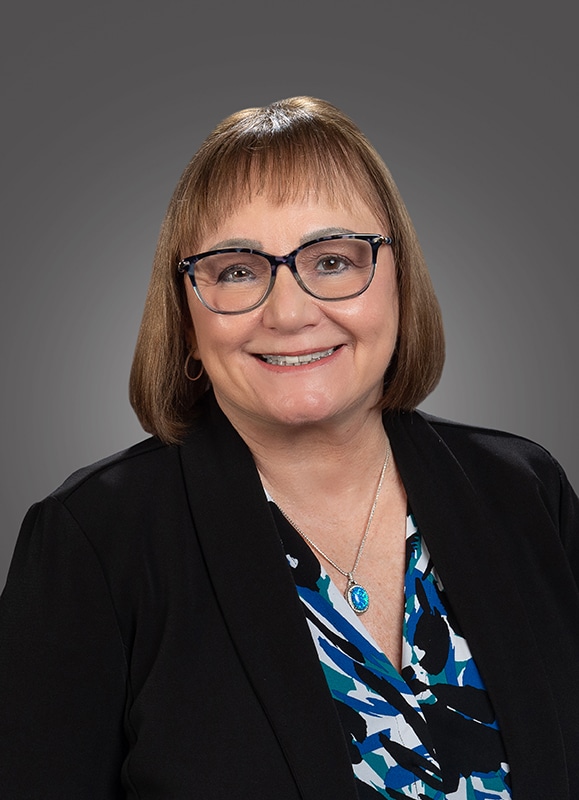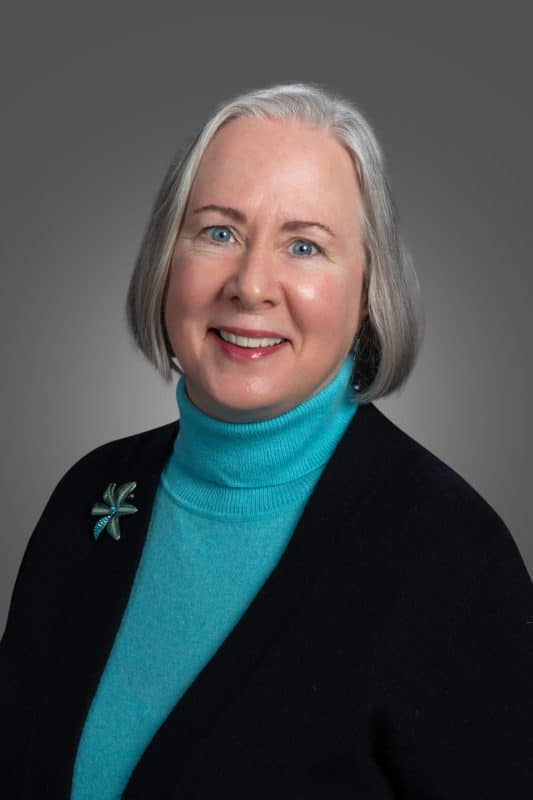The Connecticut Supreme Court addresses whether the special defense of governmental immunity for discretionary acts…
PERSONAL INJURY: Supreme Court holds town fire department not vicariously liable for accident of on-call volunteer firefighter leaving the fire station

The plaintiff alleged that the operator of the motor vehicle was operating within the scope of his employment as a volunteer firefighter since he was on call; within close proximity to the fire station; and ready, willing, and able to respond immediately to emergency calls. The accident occurred when the volunteer firefighter was pulling out of the fire station, after being on call at the station, and hit the plaintiff riding his motor cycle. The Town moved for summary judgment on the grounds there was no genuine issue of material fact that it was not vicariously liable due to the fact the defendant was not acting within the scope of his employment at the time of accident. The Superior Court granted summary judgment for the Town. The Appellate and Supreme Court upheld the ruling. The Supreme Court concluded that “a reasonable jury could conclude only that, by the time that Smith entered his vehicle, at the very latest, he had embarked on the pursuit of purely personal affairs, and nothing that occurred after that point and before the accident brought him back under the control of the fire company.” The plaintiff attempted to argue the defendant was acting within the scope of his employment due to the fact that defendant was actually still on the fire company premises when the accident occurred. The Supreme Court dismissed this argument, reasoning there is no authority on which to rely that someone is acting within the scope of their employment and not merely on call based on how long it would take the employee to respond to an employer’s call. Michael A. Fiano v. Old Saybrook Fire Company No. 1, Inc., Et. Al., SC 20135, 329 Conn. 910, 186 A.3d 14, June 25, 2019



